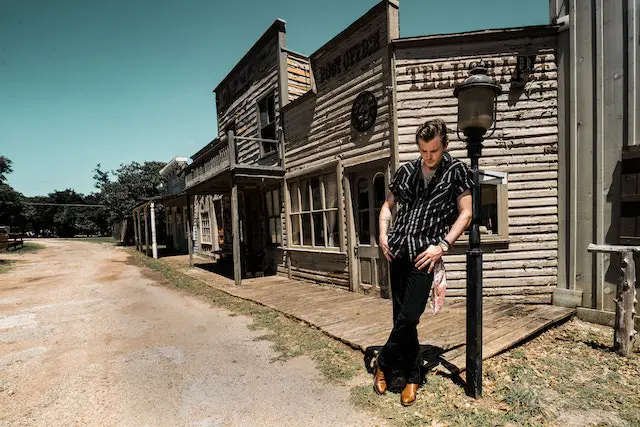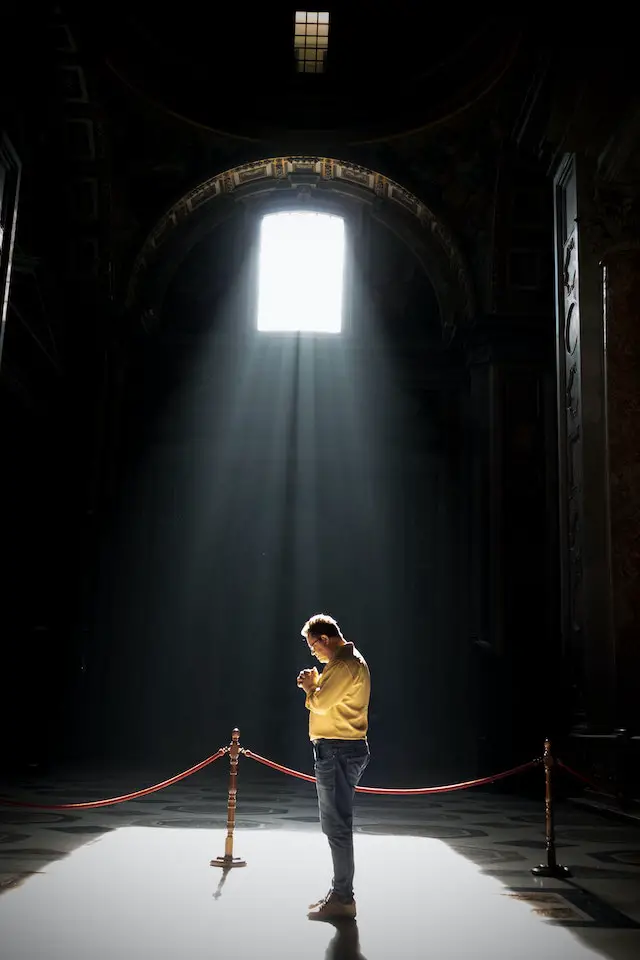
Western Civilization is a term that refers to the social, cultural, and political developments that have taken place in Europe since ancient times.
This period of history has had a major impact on the world today and continues to shape society in many ways.
From its beginnings with the emergence of city-states in the Mediterranean basin to its spread across the continents and its influence on the cultural, economic, and political systems of our modern societies,
Western Civilization has been an integral part of human history.
This article will explore some of the major developments that have shaped this period of history and brought us to where we are today.
The Rise of Ancient City-States in the Mediterranean Basin
The Mediterranean Basin was the birthplace of many of the world’s earliest civilizations and is credited with spawning some of the earliest known city-states.
Ancient Egypt, Greece, and Rome are among the most notable civilizations to have risen in this region.
These cities were often walled communities with a centralized government structure.
They developed their own cultures, languages, religions, and artistic expressions.
In terms of political structure, early city-states had the first governments with laws and rulers to ensure the orderly functioning of society.
This period was also marked by cultural advancements in literature, philosophy, mathematics, engineering, and art.
These civilizations would later lay the foundation for much of Western Civilization’s development.
The Development of The Greek, Roman, and Byzantine Empires
These three empires were major players in shaping Western Civilization.
The Greeks developed a culture of political democracy, literature, philosophy, and art that laid the foundation for much of modern European society.
The Romans expanded on these ideas by developing their own political systems and laws, which influenced much of Europe.
Finally, the Byzantine Empire was responsible for preserving and developing many ancient Greek and Roman traditions while also introducing their own innovations in religion, art, science, and law.
Each empire left its mark on Western Civilization through its distinct contributions to culture, politics, religious beliefs, law, and social customs.
The Development of The Modern European Empires
The period from the Renaissance to the 19th century saw a period of exploration and colonization as European nations sought to expand their empires.
This period also saw profound changes in politics, economics, science, technology, culture, and society.
These changes had an enormous impact on Western Civilization and led to developments such as the establishment of nation-states and cultural diffusion.
This period also saw the rise of colonialism and imperialism, which had a lasting impact on many countries.
The industrial revolution also led to massive changes in the way people lived and worked, including the development of urban centers and labor systems.
All of these developments transformed the social, political, and economic landscapes of Europe and beyond.
Spread of Christianity Across Europe

Christianity was a major force in shaping Western Civilization.
It began to spread across Europe after the fall of Rome and became the dominant religion by the Middle Ages.
Christianity provided a code of ethics and morality that served as a foundation for much of European secular law and social customs.
It also established institutions such as churches, monasteries, universities, and hospitals, which established a new standard of living and systems of education.
Christianity also had an immense influence on art, literature, philosophy, and science as it became intertwined with many aspects of European culture.
The Enlightenment
The Enlightenment was a period in the 17th and 18th centuries that saw significant advances in philosophical thought and science.
This period was marked by the emergence of ideas such as empiricism, which argued that knowledge should be based on observations and experience rather than faith.
This period also saw the development of new scientific theories and advancements in technology, which would eventually lead to major social and political changes.
The Enlightenment is often seen as a turning point in Western Civilization as it laid the groundwork for the Age of Reason and other modern developments.
The Industrial Revolution
The industrial revolution was a period in the 18th and 19th centuries that saw massive changes in production, transportation, and technology.
This period was marked by advances in steam power, manufacturing, agriculture, and communication that dramatically increased productivity and allowed for the mass production of goods.
This period had far-reaching consequences for social, economic, and political life in Europe and the rest of the world.
It marked a major shift from an agrarian society to an industrialized one, with significant changes in labor systems, trade patterns, and urban development.
The 20th Century
The 20th century was a period of unprecedented change in European and world history.
This period saw the emergence of powerful nation-states, the rise of communism, two world wars, and a new global economy.
It also saw major advancements in science, technology, and medicine that changed the way people lived.
The 20th century was marked by significant political changes, such as decolonization and new forms of political organization, and technological advancements, such as the development of nuclear weapons.
This period also saw the emergence of new social movements, such as feminism, environmentalism, and civil rights activism, that challenged existing power structures and led to major changes in society.
The 21st Century
The 21st century has been marked by economic globalization and technological advances, such as the internet and social media.
This period has seen a shift towards more democratic forms of government and the emergence of new global powers.
It has also seen a rise in inequality and conflict between nations, as well as new challenges to global security.
The 21st century is still in its early stages, but it is already shaping up to be a period of great change and innovation.
Overall, these developments have had a profound impact on the course of Western Civilization.
They have shaped the culture, economy, and politics of Europe, as well as the rest of the world.
Through their influence, these events have transformed human history and laid the groundwork for our current era.
Final thoughts
Overall, the major developments of Western Civilization have had a dramatic and lasting impact on world history.
From the classical period to the present day, these historical events have shaped Europe and much of the rest of the world in profound ways.
As we look to the future, it is important to remember how our past has helped create our present, as well as the potential new developments that may shape our future.
By understanding these events, we can better understand the world we live in today and better prepare ourselves for tomorrow.



